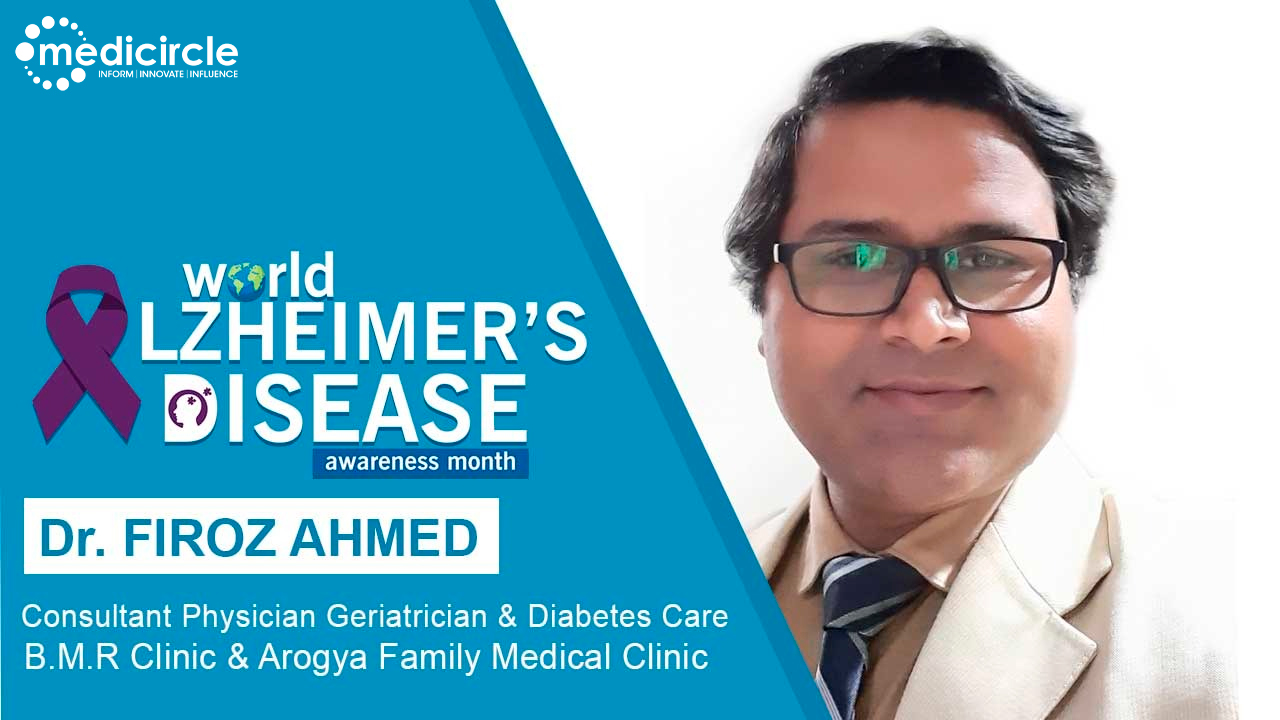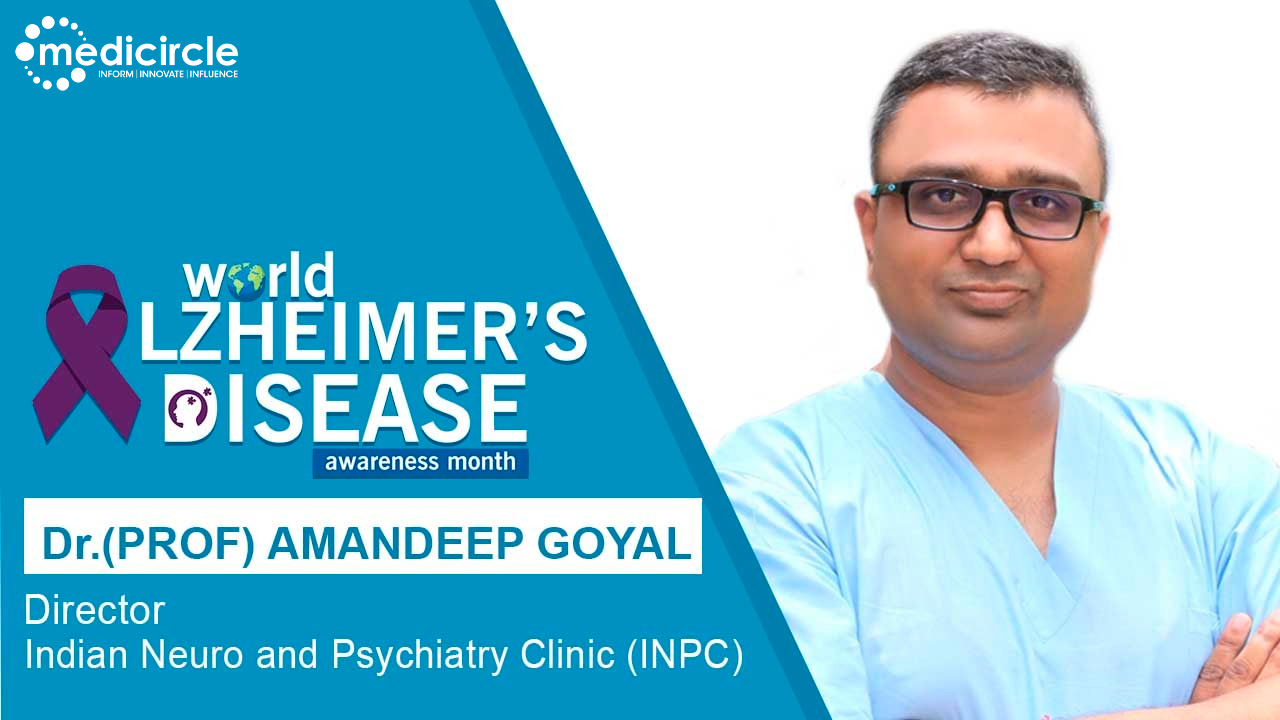In a disturbing incident in Chhattisgarh’s Dantewada district, thirteen patients developed severe eye infections after undergoing cataract surgeries at a government hospital. These individuals, who had hoped to restore their vision, instead found themselves in pain and at risk of losing their eyesight. Following this alarming outcome, Chhattisgarh’s health department quickly ordered an investigation into the situation, which has not only highlighted potential negligence but has also put a spotlight on issues in hospital protocols and patient safety in government medical facilities.
The incident took place at the Dantewada District Hospital, where cataract surgeries were performed between October 18 and October 22. Initially, a few cases of eye infections surfaced, prompting local authorities to investigate the cause and track down patients who had recently undergone cataract operations at the facility. Out of approximately 80 patients who were examined, 13 were found to have developed serious post-surgical eye infections.
According to Dantewada Collector Mayank Chaturvedi, health officials became aware of the issue when a few patients reported complications following their surgeries. Despite initial warnings of possible infection on October 20, the operating surgeon continued to perform surgeries up until October 22. This decision has raised serious questions about protocol and safety, as well as the communication breakdown that may have prevented authorities from taking immediate corrective action.
In response to the mounting cases of infection, the health department launched an investigation. Preliminary findings from the probe revealed several alarming issues: the operation theatre had not been sanitized according to standard protocols before the surgeries, and the hygiene protocols crucial for eye surgeries were not consistently maintained.
The investigation implicated three healthcare workers in this case, including the lead surgeon, Dr. Geeta Netam. It was noted that Dr. Netam, along with the eye assistant officer Dipti Toppo and staff nurse Mamta Vaide, had allegedly neglected established protocols that are crucial for patient safety. Following these findings, the state’s Health and Family Welfare Minister Shyam Bihari Jaiswal announced their immediate suspension and stated that further disciplinary actions might be taken depending on the final report.
To address the situation, the Dantewada District Hospital has taken steps to further examine the safety of other patients who underwent surgeries at the hospital earlier in October. The target was to operate on 20 cataract patients weekly, a schedule intended to address the high demand for eye care services among low-income residents of the district. However, this target-driven approach may have led to shortcuts in safety protocols, contributing to the issue. Authorities now plan to scrutinize all cataract surgeries performed since early October to ensure that other patients are not at risk of similar complications.
Beyond the suspension of the implicated staff, the superintendent of Dantewada District Hospital was also issued a notice demanding a detailed response on the matter. This step aims to ensure accountability at all levels, from operational to administrative.
The situation has naturally caused fear and anger among the affected patients and their families. Several family members reported feeling betrayed by a medical system that is supposed to safeguard their health. Many questioned the hospital’s hygiene standards and overall accountability. A relative of one of the affected patients shared that they were heartbroken to see their loved one suffering after a routine surgery that was meant to improve, not worsen, their quality of life. The family further expressed disappointment in the hospital staff’s handling of the issue and the lack of transparent communication.
Public reactions to the incident have been equally critical, with calls for stricter monitoring and quality control in government-run healthcare facilities. Community members fear that similar lapses could occur again if authorities fail to address the root causes of the negligence.
This incident has sparked debate over medical negligence and the importance of following strict protocols in healthcare facilities. In cases of cataract surgery, an especially delicate procedure, infection control measures are paramount. Any lapse can result in severe complications, including irreversible damage to the patient’s vision.
The Chhattisgarh case reflects a broader issue seen in public hospitals across India, where underfunding, staff shortages, and lack of proper training often lead to compromised patient care. It underscores the urgent need for strict adherence to sterilization protocols and regular training of healthcare staff to avoid similar outcomes in the future.
This incident is not an isolated one, as public hospitals often face challenges in maintaining ideal sanitation and operational standards due to a high volume of patients and limited resources. However, it reinforces the importance of rigorous oversight, particularly for high-stakes procedures like cataract surgery. Patient safety should always come first, even when trying to meet operational targets.
To prevent such incidents, it’s essential for public healthcare facilities to adopt standardized operating procedures with routine checks and balances. Strengthening these protocols and holding all levels of hospital administration accountable could lead to safer, more reliable healthcare services for the community.
In light of incidents like these, there is an increasing call for government intervention to improve the standards of care in public hospitals. The Ayushman Bharat Health Infrastructure Mission, which focuses on expanding and upgrading healthcare facilities across India, includes provisions that emphasize patient safety and hospital quality control. Enhanced regulations and regular audits, along with funding for better infrastructure, are necessary for ensuring that patients receive safe, reliable, and effective treatment.
Additionally, as part of the government’s broader efforts to modernize healthcare, new technologies in medical record-keeping, real-time tracking of infections, and early-warning systems could help prevent similar issues. Implementing these measures could enable healthcare facilities to deliver better services while avoiding preventable complications.
The eye infection outbreak following cataract surgeries at the Dantewada District Hospital is a serious reminder of the crucial role that adherence to medical protocols plays in safeguarding patient health. While the suspension of those directly involved may address some immediate accountability, it is equally important to look at the systemic gaps that allowed such a lapse to occur in the first place.
This incident should act as a catalyst for change, prompting state and national health authorities to enforce stringent hygiene and safety protocols in all public healthcare facilities. Only with such comprehensive reform can India’s healthcare system fulfil its mission to care for and protect every patient who walks through its doors.
In the end, the lives and well-being of patients must take precedence over operational targets, and rigorous protocols are non-negotiable for any healthcare provider. The tragedy in Chhattisgarh should not just be an isolated incident, but a lesson and a call to action to ensure that the safety of India’s citizens is always the top priority in medical care.

 The lives and well-being of patients must take precedence over operational targets, and rigorous protocols are non-negotiable for any healthcare provider.
The lives and well-being of patients must take precedence over operational targets, and rigorous protocols are non-negotiable for any healthcare provider.




















.jpeg)



















.jpg)
.jpeg)